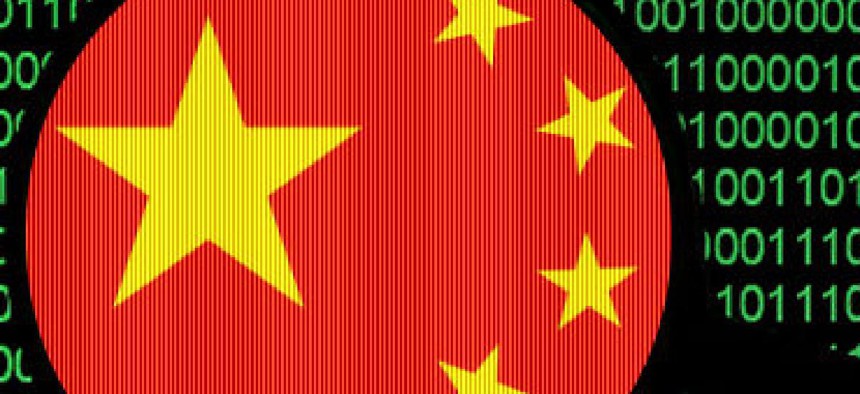Pentagon frets over China's cyber capabilities

The annual report to Congress comes not long after the Chinese defense ministry objected to what it said was the offensive nature of the Pentagon's cyber strategy.

Offensive operations are increasingly a flash point in one of the world's most important bilateral relationships in cyberspace.
In an annual report to Congress published May 8, Defense Department officials expressed pointed concerns about China's pursuit of offensive cyber capabilities. The report came a week after China's defense ministry objected to what it said was the offensive nature of the Pentagon's cyber strategy.
"Chinese offensive cyberspace operations could support [anti-access and area denial] by targeting critical nodes to disrupt adversary networks throughout the region," the Pentagon report states. Furthermore, researchers from China's People's Liberation Army "advocate the key to seizing 'cyberspace superiority' is to deter or stop an adversary by developing and employing offensive cyberspace capabilities."
DOD released its report just hours after the State Department said it had asked Beijing to investigate reports that China has attacked U.S. websites using a unique cyber weapon known as the Great Cannon. The weapon "hijacks traffic to (or presumably from) individual IP addresses, and can arbitrarily replace unencrypted content as a man in the middle," according to a report from the Citizen Lab, a research and development center at the University of Toronto.
"The cyberattack manipulated international Web traffic intended for one of China's biggest Web services companies and turned it into malicious traffic directed at U.S. sites," State Department spokesman Jeff Rathke said in a May 8 press briefing.
Washington's request for Beijing to investigate the cyberattack might not return many answers, but it sends a public message that activities "in cyberspace are not as anonymous as everyone thought they were and that it's getting easier to attribute attacks to specific actors," said Adam Segal, a senior fellow at the Council on Foreign Relations. U.S. officials likely wanted to let China know that extending its manipulation of Web traffic to American sites was unacceptable, he added.
The Chinese have their own concerns about U.S. offensive capabilities in cyberspace. The Pentagon's new cyber strategy will "up the ante on the Internet arms race," Reuters quoted Ministry of National Defense spokesman Geng Yansheng as saying last week. "We are concerned and worried about this."
NEXT STORY: Why insider threats keep succeeding


